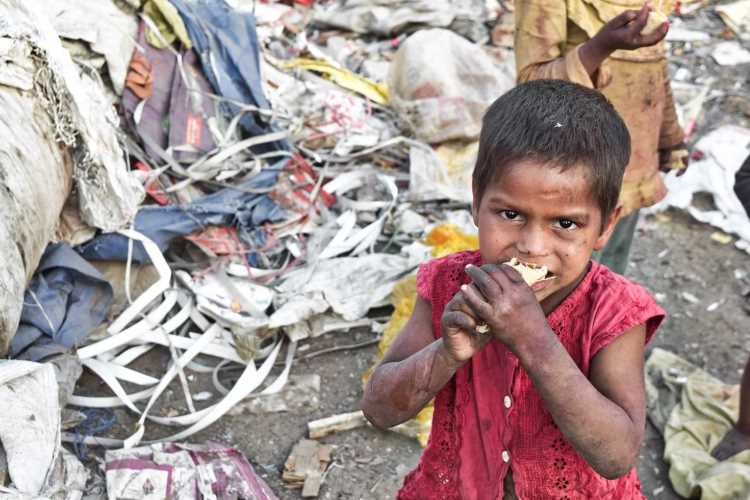Food waste crisis: India, one of the most fertile areas and hence one of the biggest food producers in the world. India, also one of the worst ranking countries in the world in tackling hunger management. While the second statement may sound ironic, it is common knowledge now that the country is one of the worst performing nations in ensuring access to food to all despite several government schemes in place. India produces so much food, however, transportation issues mean that plenty of the produced grains rot in mandis. Inaccessibility of foodgrain is one issue, another is food wastage, which is not particularly an Indian problem.
According to a recent report by Boston Consulting Group, one-third of the world’s food is lost or wasted each year while some other studies put this number even higher. No single act is responsible for the same. Despite this, a tremendous amount of food is lost or wasted as it moves from the farm, factory or fishery to table.
Also Read | PMGKAY: India may withdraw its free food scheme
Food wastage: Two aspects
There are two types of food wastage and they are particular to different types of countries. For example, in low- and middle-income countries, the problem is largely one of loss.
This is due to the fact that food fails to make it out of the production and transportation stages. The same rings especially true for India where foodgrain rots in FCI godowns. According to a 2020 estimate by The Ministry of Consumer Affairs, Food and Public Distribution, more than 38,000 metric tonnes (MTs) of food grains got damaged in the five years leading upto 2020. This included wheat, rice and pulses.
According to officials of FCI, the food grains kept at the godowns sometimes get infested by pests. The procurement of poor quality food grains, rains or flooding, and sometimes mismanagement are the major reasons that lead to losses and damages to the food grains kept at these godowns. That there is a shortage of manpower to handle basic facilities at many godowns owned and managed by the FCI is no help either.
Then there are higher-income countries where waste among retailers and consumers is the bigger issue. This is due to stringent health and aesthetic regulations which puts ‘best by’ and expiration dates on a holy pedestal. Lack of temperature control in certain markets, as well as neglect from retailers and restaurants also results in waste.
And then one cannot ignore the individual hand played in food wastage. At homes or restaurants, plenty of cooked food goes unused either due to over-purchasing or because discarding leftovers. While the amount of food wasted varies by region, consumer waste is a truly global crisis. According to the BCG report, around 2.1 billion tonnes of food grains will be wasted by the time we reach 2030.
Ongoing food crisis in world
Meanwhile, there are countries where children are starving and have absolutely no access to food due to the ravages of war. Latest UNICEF report puts the number of malnourished children across the world at an alarming high. According to it, every minute a child is pushed towards severe malnutrition in 15 crisis-hit countries including Afghanistan, Burkina Faso, Chad, Democratic Republic of the Congo, Ethiopia, Haiti, Kenya, Madagascar, Mali, Niger, Nigeria, Somalia, South Sudan, Sudan, and Yemen. The issue of child wasting has intensified ever since the Russia-Ukraine war escalated the global food crisis.
Solving India’s food waste problem
The first obvious step towards resolving the food crisis for India is to fix the supply-chain problem as despite being one of the biggest producers of wheat in the world, a huge amount of food is lost because it goes bad before it can get to markets and consumers. To this extent, coordination among both the government and private players is needed, particularly between raw material processors which can help in eliminating inefficiency, loss and waste.
The government can also look to impose heavy penalties on disposing food to discourage companies and consumers for waste they generate, according to the BCG report.
The government must also look to strengthen its PDS to ensure food security to all. Towards that end, it must look to bring more people in the ambit of PDS.
The ongoing Russian attack on Ukraine is currently causing a significant disruption to wheat supplies, Russia being a major exporter of wheat. Considering that India’s production goes to waste, the current opportunity is a golden one for the Indian government to dispose the piles of wheat rotting in FCI godowns by incentivising exporting.

